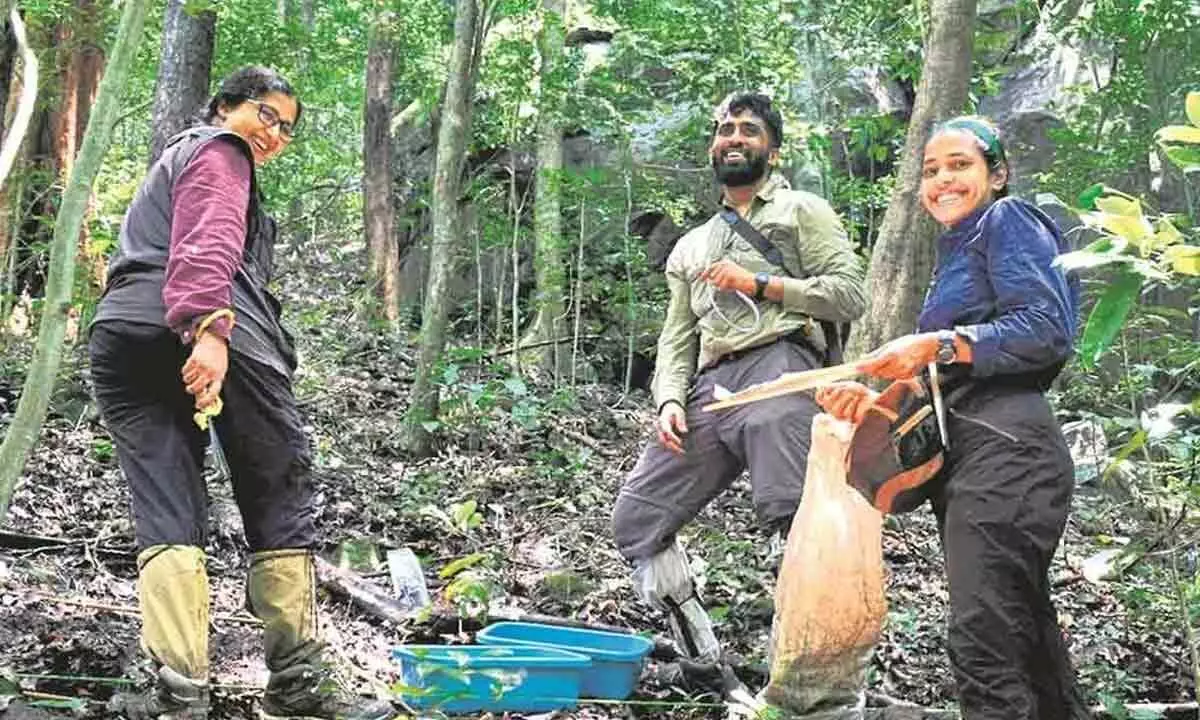Live
- Govt’s bank guarantee waiver to cut financial burden on telcos, boost digital infra: Industry
- Google App Adds Search Links to Webpages: Details
- Rising star Vaishali Rameshbabu to return for Norway Chess Women 2025
- Sikkim CM calls on Guv, extends greetings on Constitution Day
- Narendar Kumar Ale’s Innovative Approach to Integrating AI and ML for Sophisticated Frameworks and Data Analytics
- New vaccine offers high protection against malaria
- Mumbai Indians (MI) Squad for IPL 2025: Key Players, Auction Purchases, and Team Overview
- BJP MLAs stage protest over arrest of ISKCON monk in Bangladesh
- Global foldable smartphone shipments decline in Q3, Samsung leads
- Photo of cops violating Sabarimala temple traditions goes viral; report sought









